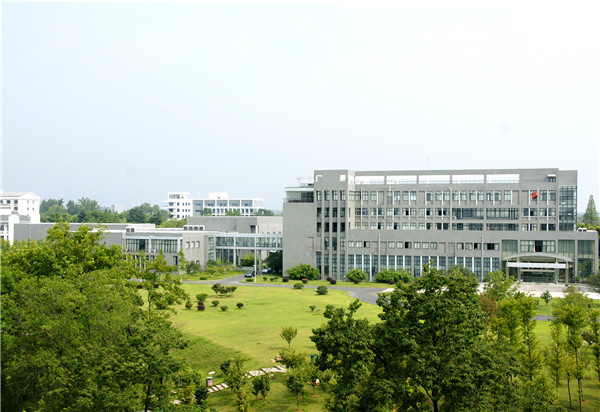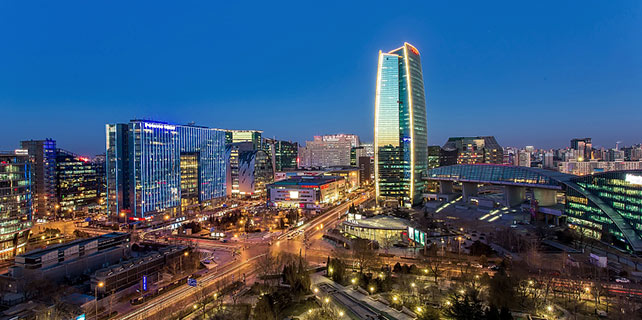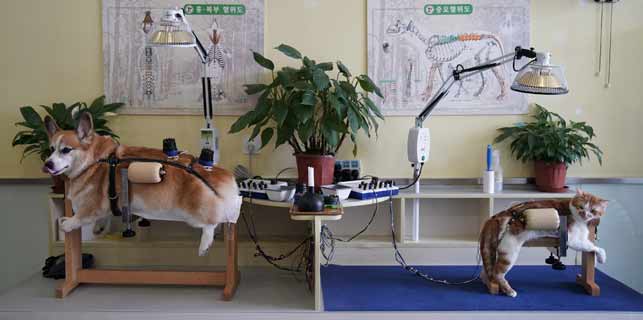Science comes home
 |
|
The Science Island of the Hefei Institutes of Physical Science is home to more than 2,400 scientists from all over the world. [Photo provided to China Daily] |
A major Chinese research center is attracting top researchers from around the world. Xing Yi reports in Hefei, Anhui.
A device called a tokamak that holds hydrogen plasma hotter than the core of the sun. Spectrometers that direct lasers to monitor atmospheric pollution. Magnetic-field generators that are tens of thousands of times stronger than a fridge magnet.
These are just some of the mind-boggling projects on the Science Island of the Hefei Institutes of Physical Science, a branch of the Chinese Academy of Sciences.
The island, a 2.65-square-kilometer peninsula surrounded by the Dongpu Reservoir in the northwest of Hefei, Anhui province, is home to 10 research institutes, dozens of key laboratories and more than 2,400 scientists from across the world.
The area boasts a community of its own. A small farmers market opens at 6 am daily. Bus 903 runs every half hour from the peninsula to the city. There is also a school for first to 12th graders, who are greeted by a banner on the gate that reads: "Study with scientists."
First contact
When Wang Junfeng, 48, first heard of Science Island in 2009, he had been doing post-doctoral research in Harvard Medical School for five years.
A stable, high-magnetic field laboratory that was being built on the island piqued his curiosity.
"Nineteen Nobel Prizes have been given to research related to magnetic fields since 1913," says Wang. "It is a key to the treasure chest of new scientific discoveries."









